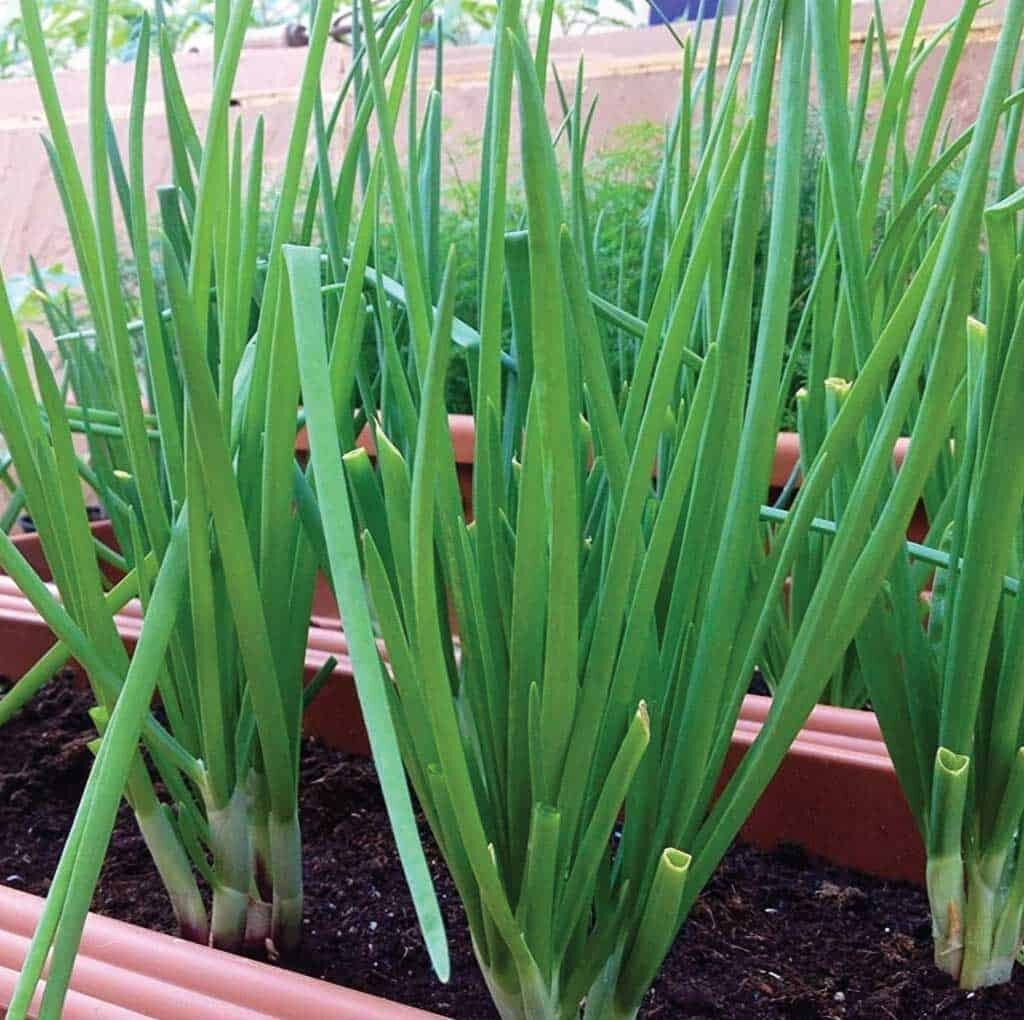Onions are one of the most versatile and essential ingredients in kitchens around the world. Known for their distinct flavor, aroma, and ability to elevate any dish, onions are a staple in American households, whether in soups, sauces, salads, or sautés.
This comprehensive guide will explore everything you need to know about onions, including their nutritional benefits, health advantages, types, preparation tips, and creative American-friendly recipes.
What is an Onion?

Onions (Allium cepa) are bulb vegetables in the Allium family, closely related to garlic, leeks, and chives. They have a layered structure, usually with a papery outer skin and a crisp inner flesh. Onions can vary in color, size, and flavor intensity, making them versatile for both raw and cooked dishes.
Common onion varieties in the U.S. include:
- Yellow onions: Earthy flavor, great for cooking and caramelizing.
- White onions: Mild and slightly sweet, often used in Mexican or Tex-Mex cuisine.
- Red onions: Mild, slightly sweet, and perfect for raw dishes like salads and sandwiches.
- Sweet onions (Vidalia, Walla Walla): Mild, ideal for roasting or caramelizing.
Pro Tip: Choose onions that are firm, heavy for their size, and free of mold or soft spots. Avoid onions with sprouts or mushy areas.
Nutritional Benefits of Onions

Onions are low in calories but rich in vitamins, minerals, and antioxidants, making them a healthy addition to your diet:
- Vitamin C: Boosts immunity, supports collagen production, and aids in wound healing.
- Vitamin B6: Supports metabolism and brain health.
- Folate: Important for cell growth and DNA synthesis.
- Potassium: Regulates blood pressure and heart function.
- Fiber: Promotes digestive health and satiety.
- Antioxidants: Contains flavonoids, including quercetin, which combat oxidative stress.
Pro Tip: Cooking onions slightly can reduce their pungency but still retain most nutrients, while caramelization enhances sweetness and flavor.
Health Benefits of Onions

- Boosts Immunity: Vitamin C and antioxidants strengthen the immune system.
- Supports Heart Health: Quercetin and sulfur compounds can help lower cholesterol and improve circulation.
- Promotes Digestive Health: Fiber content supports gut health and regular bowel movements.
- Anti-Inflammatory Properties: Compounds in onions reduce inflammation and oxidative stress.
- Blood Sugar Management: Some studies suggest onions may help regulate blood sugar levels.
Pro Tip: Raw onions retain the most antioxidants, while lightly sautéed or roasted onions provide excellent flavor for heart-healthy meals.
How to Prepare Onions
Onions can be used raw, sautéed, caramelized, roasted, grilled, or pickled. Proper preparation is key to maximizing flavor and texture:
- Peel: Remove the papery outer layer and any tough spots.
- Slice: Ideal for sautés, stir-fries, and sandwiches.
- Dice: Perfect for soups, stews, salsas, and omelets.
- Caramelize: Slow-cook sliced onions with a little oil or butter to develop deep, sweet flavor.
- Pickle: Quick-pickled onions make an excellent topping for tacos, burgers, or salads.
Pro Tip: Chill onions in the refrigerator for 30 minutes before slicing to reduce eye irritation and tears.
Onion Recipes to Try

Here are some delicious ways to use onions in American kitchens:
1. Caramelized Onion Dip
- Slowly cook sliced onions in butter until golden brown.
- Mix with sour cream, cream cheese, and a touch of garlic.
- Serve with chips or fresh vegetables for a crowd-pleasing appetizer.
2. French Onion Soup
- Sauté onions until deeply caramelized, then simmer in beef or vegetable broth.
- Top with crusty bread and melted Gruyère cheese for a classic American comfort food.
3. Onion Rings
- Slice onions into rings, dip in batter, and deep fry until golden.
- Serve with ketchup or spicy aioli for a crispy, indulgent snack.
4. Roasted Vegetables with Onions
- Toss onions with carrots, potatoes, and bell peppers in olive oil, salt, and pepper.
- Roast at 400°F for 25–30 minutes for a flavorful and colorful side dish.
5. Pickled Red Onions
- Combine red onion slices with vinegar, sugar, and salt.
- Let sit for at least 30 minutes.
- Add to tacos, sandwiches, or salads for a tangy crunch.
Pro Tip: Onions pair beautifully with garlic, herbs, tomatoes, peppers, and meats, making them an essential ingredient in countless recipes.
Storage Tips for Onions

Proper storage preserves freshness, flavor, and longevity:
- Whole Onions: Store in a cool, dry, well-ventilated space for 2–3 months. Avoid storing near potatoes, which can accelerate sprouting.
- Cut Onions: Wrap tightly in plastic wrap or place in an airtight container in the refrigerator for up to 7 days.
- Caramelized Onions: Refrigerate in an airtight container for 3–5 days.
- Pickled Onions: Can be stored in the refrigerator for 2–3 weeks.
Pro Tip: Keep onions away from moisture and direct sunlight to prevent mold and sprouting.
Why Onions are Popular in American Kitchens
Onions are a staple in American cooking due to their:
- Flavor-enhancing ability: Adds depth to soups, stews, sauces, and marinades.
- Nutritional benefits: Rich in vitamins, minerals, fiber, and antioxidants.
- Versatility: Suitable for raw, cooked, roasted, pickled, or caramelized applications.
- Low cost and accessibility: Widely available in grocery stores year-round.
- Culinary tradition: Featured in classic American dishes like meatloaf, burgers, chili, and casseroles.
Pro Tip: Use onions to layer flavor, enhance sweetness, or add a pungent kick depending on the dish and preparation method.
Fun Facts About Onions
- Onions have been cultivated for over 5,000 years across Asia and the Middle East.
- They contain sulfur compounds that provide both their pungent aroma and health benefits.
- Ancient civilizations believed onions symbolized eternity and included them in religious rituals.
- Onions are related to garlic, leeks, chives, and shallots.
- Red onions are often eaten raw for their mild flavor and vibrant color, while yellow onions are preferred for cooking and caramelizing.
Conclusion: Why You Should Add Onions to Your Diet
Onions are more than just a flavor enhancer—they are a nutritious, versatile, and essential ingredient in American kitchens. Their distinct taste, health benefits, and ability to complement countless dishes make them indispensable for home cooks and professional chefs alike.
Including onions in your meals provides:
- Antioxidant and anti-inflammatory benefits.
- Digestive and heart health support.
- Culinary versatility for both raw and cooked applications.
- Low-cost flavor enhancer suitable for all types of dishes.
Whether you’re adding sweetness to caramelized onions, tang to pickled red onions, or punch to raw slices in salads, onions are a must-have root vegetable that elevates both flavor and nutrition.






Leave A Comment